
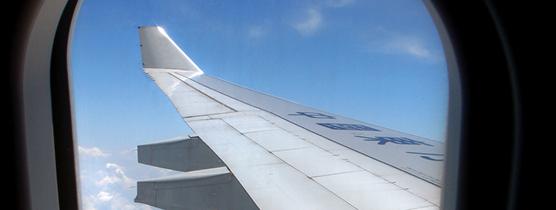
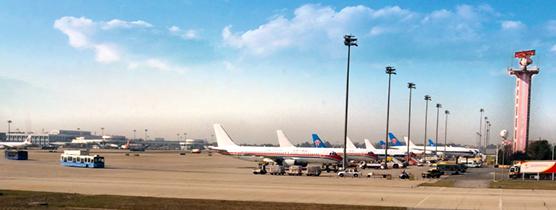


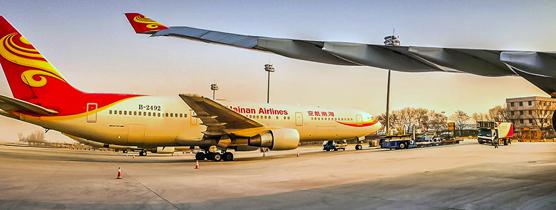
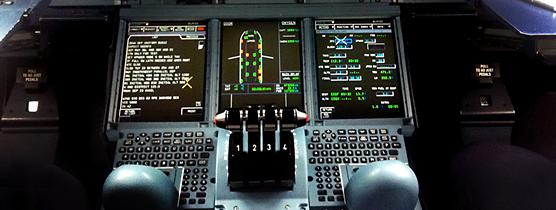
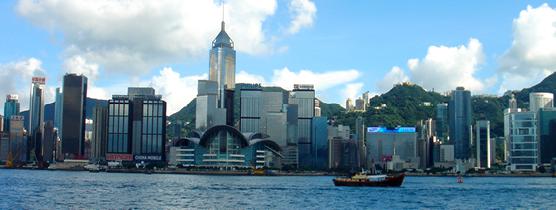

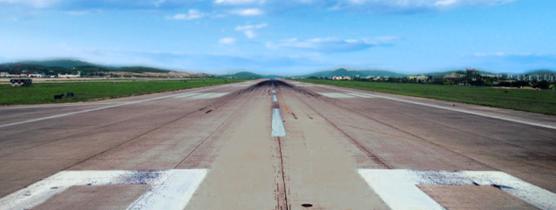
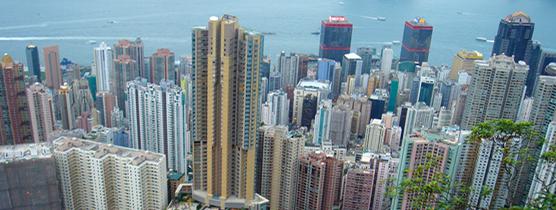
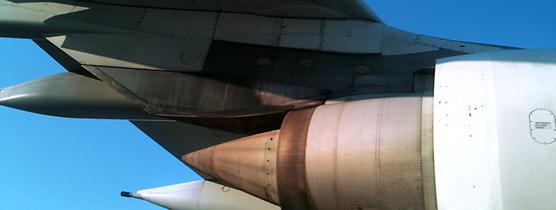

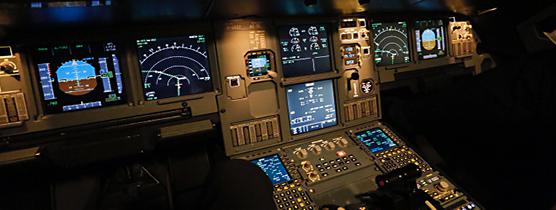
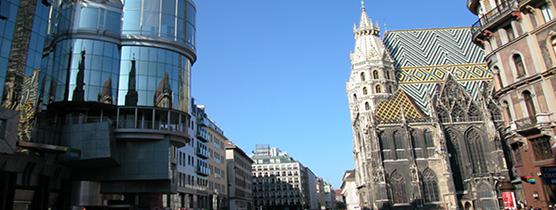
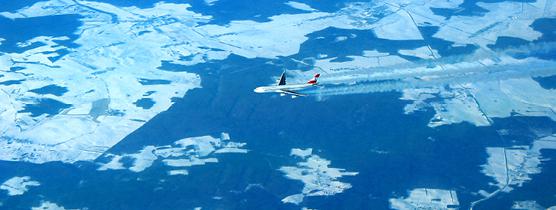
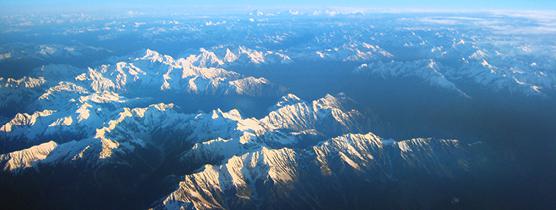
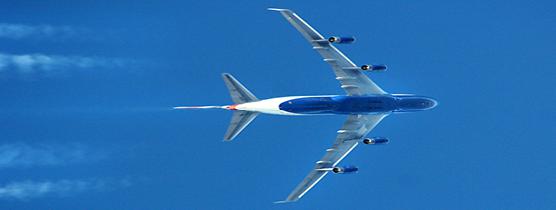
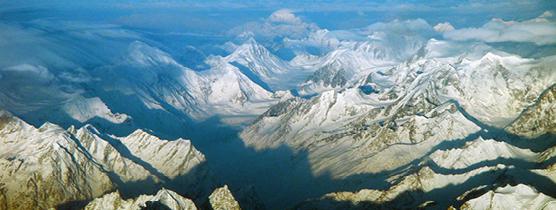
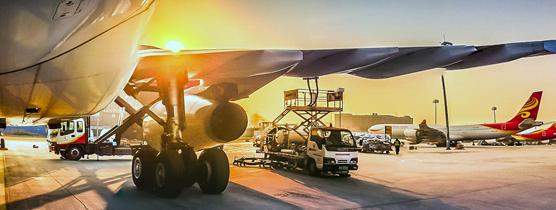
Inhalt:
Beijing 北京

Beijing, sometimes Romanised as Peking, is the capital of the People's Republic of China and one of the most populous cities in the world. The population as of 2013 was 21,150,000. The metropolis, located in northern China, is governed as a direct-controlled municipality under the national government, with 14 urban and suburban districts and two rural counties. Beijing Municipality is surrounded by Hebei Province with the exception of neighbouring Tianjin Municipality to the southeast.
Beijing is the second largest Chinese city by urban population after Shanghai and is the nation's political, cultural, and educational center. It is home to the headquarters of most of China's largest state-owned companies, and is a major hub for the national highway, expressway, railway, and high-speed rail networks.
The Beijing Capital International Airport is the second busiest in the world by passenger traffic.
Beijing is situated at the northern tip of the roughly triangular North China Plain, which opens to the south and east of the city. Mountains to the north, northwest and west shield the city and northern China's agricultural heartland from the encroaching desert steppes.
Beijing has a rather dry, monsoon-influenced humid continental climate, characterized by hot, humid summers due to the East Asian monsoon, and generally cold, windy, dry winters that reflect the influence of the vast Siberian anticyclone. Spring can bear witness to sandstorms blowing in from the Gobi Desert across the Mongolian steppe, accompanied by rapidly warming, but generally dry, conditions. Autumn, like spring, sees little rain, but is crisp and short.
Beijing cuisine has salty, rich flavours. Pork and mutton have been represented in Beijing cuisine since the Yuan, Ming and Qing Dynasty especially as a result of the dietetic influence of the Mongol and Manchus. Beijing cuisine has been also much influenced by culinary traditions from all over China, especially from Shandong cuisine, one of the eight cuisines in China. Now Beijing food does not stress strangeness or uniqueness, only delicious food made from common ingredients with tastes that are very agreeable. Beijing Duck is the number one yummy food in Beijing. Of course, Beijing offers more than its local Beijing cuisine. You can find almost all the cuisines here coming from other parts of China or foreign countries - French food, American food, Japanese food, British food, German food, Indian food, Muslim food and much more.
Shopping in Beijing is becoming more and more convenient. Every year new shopping centers, plazas and malls are sprouting up all over the capital.
There are various places to go for shopping, depending on what you expect and the prices you are prepared to pay.
General informations
|
Divisions |
289 towns and villages |
|
Government |
|
|
• Type |
|
|
Area |
|
|
• Municipality |
16,410.54 km2 (6,336.14 sq mi) |
|
• Urban |
1,368.32 km2 (528.31 sq mi) |
|
• Rural |
15,042.22 km2 (5,807.83 sq mi) |
|
Elevation |
43.5 m (142.7 ft) |
|
Population (2013) |
|
|
• Municipality |
21,150,000 |
|
• Density |
1,300/km2 (3,300/sq mi) |
|
• Ranks in China |
Population: 3rd; Density: 4th |
|
Major ethnic groups |
|
|
• Han |
96% |
|
• Manchu |
2% |
|
• Hui |
2% |
|
• Mongol |
0.3% |
|
100000–102629 |
|
|
GDP[4] |
2013 |
|
- Total |
CNY 1.95 trillion US$ 318.107 billion (13th) |
|
- Per capita |
CNY 94,235 US$ 15,373 (2nd) |
|
- Growth |
7.7% |
|
HDI (2010) |
0.821[5] (1st)—very high |
|
City trees |
Chinese arborvitae (Platycladus orientalis) |
|
|
Pagoda tree (Sophora japonica) |
|
City flowers |
China rose (Rosa chinensis) |
|
|
Chrysanthemum (Chrysanthemum morifolium) |
From Wikipedia, the free encyclopaedia
Internet
http://www.chinaodysseytours.com/tour_beijing.html
http://www.chinahighlights.com/beijing/tours.htm
Career opportunities
M. Baumgartner & Partner OG
Fellergraben 21,
A-3400 Klosterneuburg Austria/Europe
office@gacpilots.net




